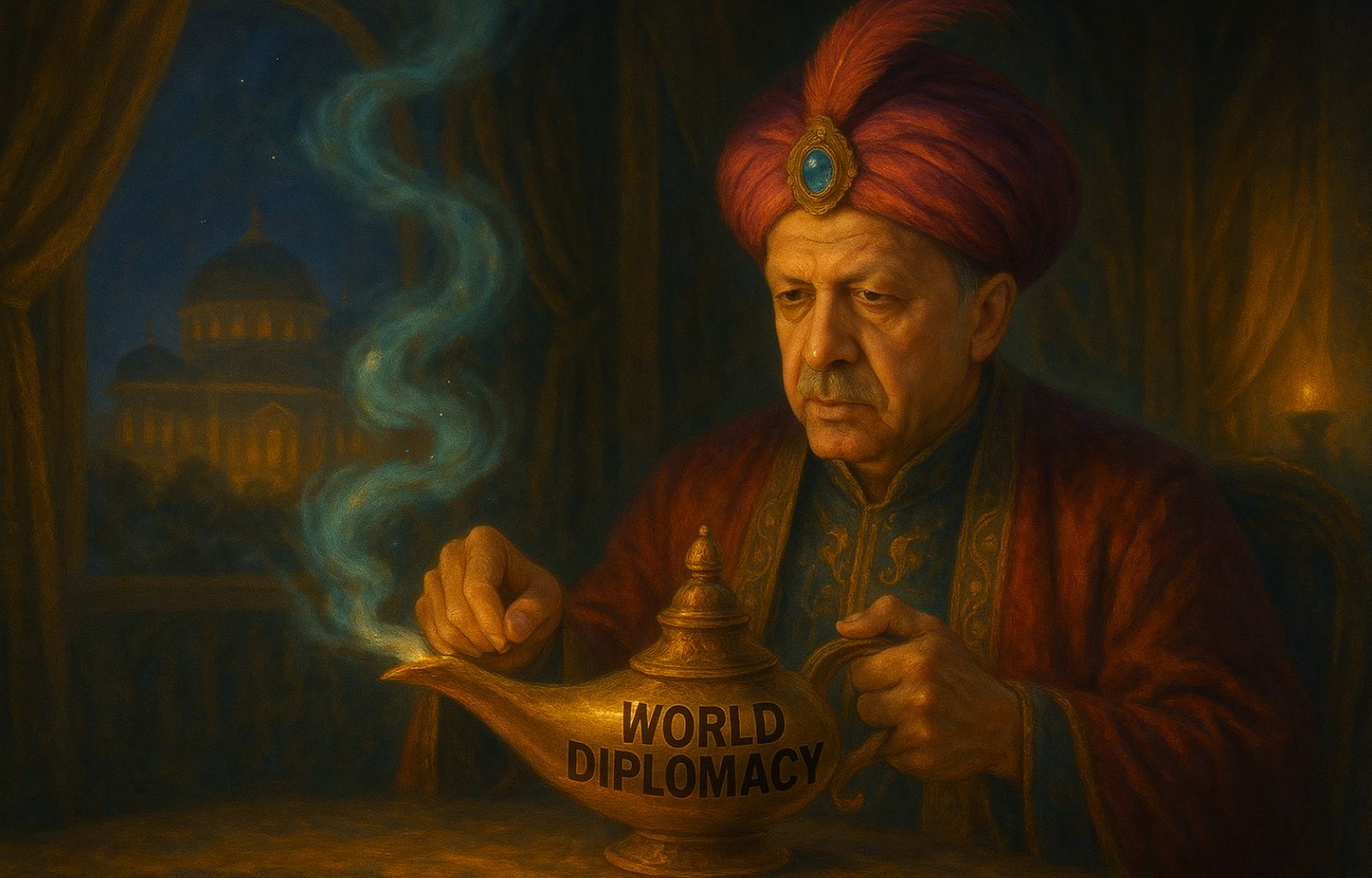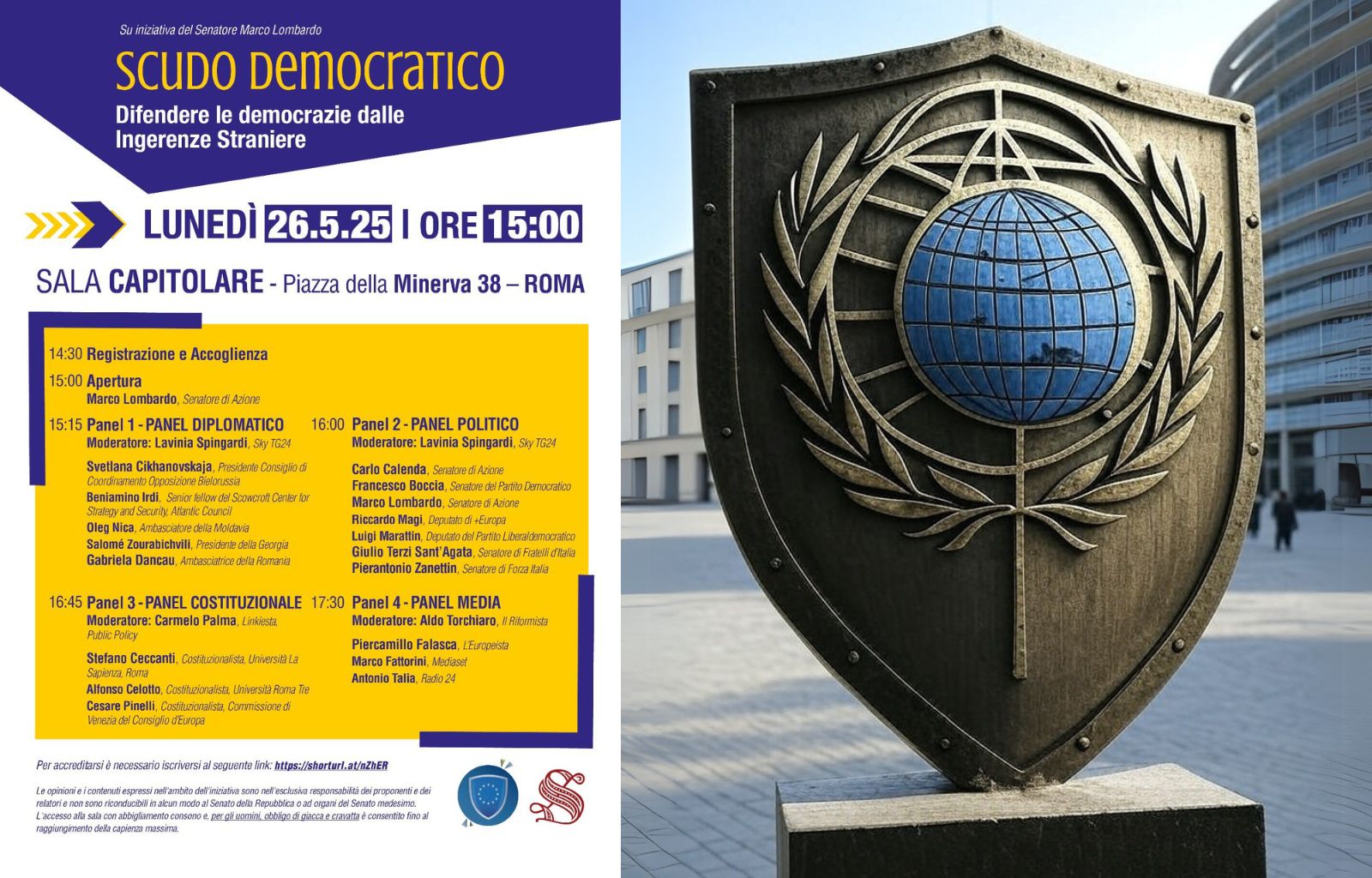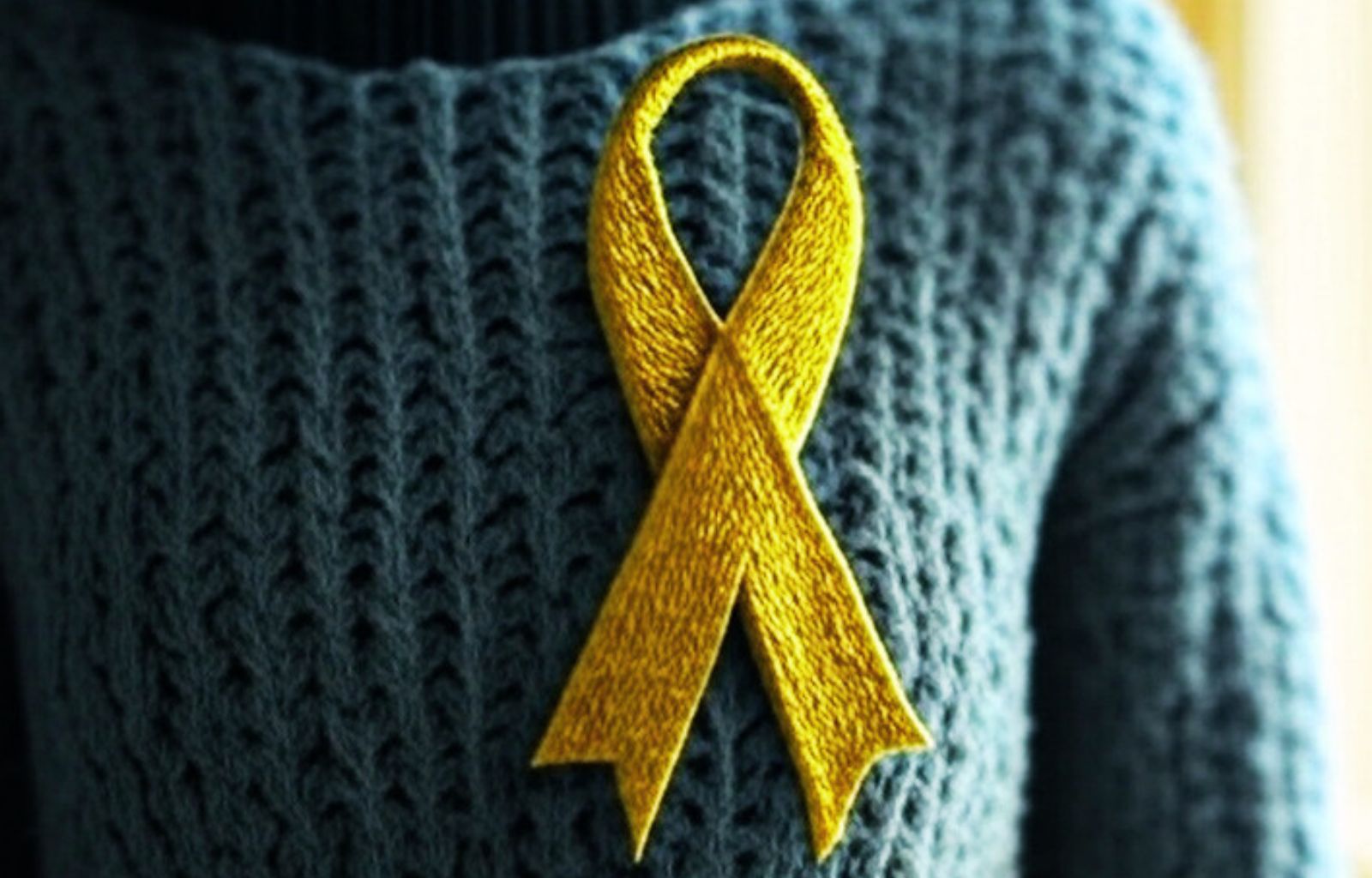Israel has the right to defence, not destruction

The principle of proportionality is one of the pillars of international humanitarian law, as well as of common sense. It requires that even where an attack is justified by self-defence or military necessity, the harm caused to civilians or civilian property should not be excessive in relation to the concrete and direct military advantage intended. The conduct of the State of Israel in the wake of the brutal terrorist attacks perpetrated by Hamas on 7 October 2023 is in clear conflict with this principle.
Hamas-led Operation Al-Aqsa resulted in over 1,000 Israeli casualties and more than 200 hostages in a multi-faceted, coordinated and bloody attack. These acts constitute serious violations of humanitarian law and represent war crimes that deserve, and have received from many quarters, full and unmitigated condemnation. There can never be legal or political justification for the deliberate slaughter of civilians and the use of indiscriminate violence against non-military targets.
Israel, as a sovereign state, had the right and even the duty to defend its citizens. Nevertheless, international law does not allow for unlimited retaliation. On the contrary, it sets strict limits on the use of force, even against subjects that violate these norms themselves. The principles of military distinction, proportionality and necessity, codified in the 1977 Additional Protocols to the Geneva Conventions, require parties to a conflict to always distinguish between military and civilian targets, and to avoid ‘unnecessary loss and excessive suffering‘.
The Israeli retaliation resulted in a military campaign that claimed well over 50,000 Palestinian lives, a large percentage of which were children, according to international sources. Entire neighbourhoods of Gaza have been razed to the ground, civilian infrastructure destroyed, and access to essential goods such as water, energy and medical care compromised. These effects, aggravated by the prolonged blockade and restrictions on the entry of humanitarian aid, raise serious questions about the compatibility of military intervention with the principle of proportionality. The albeit sacrosanct intention to neutralise Hamas does not justify the devastation of an entire area inhabited by two million people.
Law aside, what is striking, from an ethical and symbolic point of view, is the fact that a State born out of the need to protect a people persecuted by genocide – the Shoah – is today the protagonist of a warlike action that threatens the physical and moral survival of another people. The systematic destruction of Gaza seems to betray the very roots of Israeli identity, built on the memory of injustice suffered. It is a strident historical paradox: a democracy that, in defending itself, openly violates fundamental norms of international law, effectively delegitimising its own position on the global stage.
Democracy, in fact, is not a legal shield for impunity. On the contrary, it is precisely in democratic contexts that respect for humanitarian law should be maximised, as it embodies the very principles of legality and protection of human dignity. Excessive and indiscriminate use of force, such as that documented in Gaza, risks constituting real war crimes under the Rome Statute of the International Criminal Court.
As for the West, or what remains of it as a value and political bloc, it is worth pointing out that it maintains a somewhat inconsistent attitude. If in Ukraine the defence of sovereignty and resistance to aggression continue to be values to be defended at all costs, in Palestine the disproportionate reaction seems to be tolerated in the name of an alleged military necessity.
But what will be the consequences? Every traumatised child, every broken family in Gaza, risks becoming the breeding ground for future radicalisation. If this spiral is not broken, the survivors of today will inevitably be the fighters of tomorrow.
Proportionality is not a matter of arithmetic, but a legal and moral duty. In the face of 1,400 Israeli deaths, one cannot justify a destruction that has caused tens of thousands among Palestinians. There is no self-defence that legitimises the annihilation of an entire territory and its civilian population. Those who were victims of the horror should be the first to recognise the humanity of the other.











